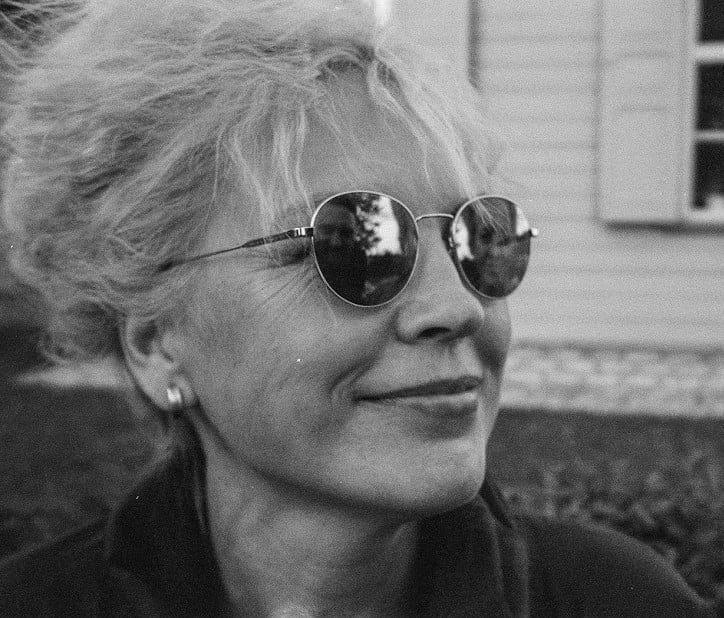
Inga Ābele
- Zu Gast beim ilb: 2020
The Latvian writer, poet, and playwright Inga Äbele was born in Riga in 1972. She first pursued a degree in biology but decided to change course, left the capital, and settled in Talsi, where she worked as a horse trainer from 1992 to 1995. She returned to Riga to study theater, film, and television studies at the Latvian Academy of Culture in 1997. She graduated in 2001.
Ābele made her debut with a collection of short prose under the title »Akas māja« (1999; tr: House with Fountains). Her dramas appeared shortly afterward and have found a permanent place in the repertoire of many Latvian stages. In her trilogy made up of »Tumšie brieži« (2001; tr: Dark Deer), (»Dzelzszāle«, 2003; tr: Iron Weed), and »Jasmīns« (2003; tr: Jasmine), Ābele uses blunt language to portray the family as a site of destruction, combining symbolism, surrealism, and naturalism. The trilogy has been performed on stages in Europe, such as in Germany, Greece, Finland, and Denmark. »Tumšie brieži« is dominated by an apocalyptic mood: a scientist runs an unsuccessful deer farm and ends up offers the animals to tourists for hunting. His daughter, for whom a deer is not just an animal but also a metaphor for beauty, the soul, and life itself, ultimately shoots the herd out of anger and despair. The material was filmed in an international co-production in 2006. The characters in many of Ābele’s novels are also dominated by existential alienation and seclusion. In »Paisums« (2008; Eng. »High Tide«, 2013), the plot follows a young woman who grew up in the countryside, married early, and is looking for meaning in her life. After she moves to the city to be with her lover, he is found dead and her husband is jailed for suspected murder. Ābele’s novel is not, however, another run-of-the-mill crime story; situating itself in the uncertainty between realism and surrealism the novel explores the dependent relationship between the characters and the past and gradually exposes the relationships between the protagonist and the other women in her family – her grandmother, her mother, her daughter. The historical novel »Klūgu mūks« (2014; tr: Wicker Monk) is based on slightly altered biographies of two well-known personalities from Latvia set against a real historical background: the Catholic priest Francis Trasuns, who committed himself to the Latvian language and culture throughout his life, and the first Latvian pilot, Jāzeps Baško. The plot of »Duna« (2017; tr: Thunder) takes place in the second half of the 20th century and tells of the Riga horse racing track, equestrian sport in Latgale, how horse breeders were suppressed during the Soviet era, and how Latvian race horse breeding was destroyed.
Ābeles works have been translated into many languages.
Akas māja
Atēna
Riga, 1999
Uguns nemodina
Atēna
Riga, 2001
Sniega laika piezīmes
Atēna
Riga, 2004
Paisums
Dienas grāmata
Riga, 2008
Kamenes un skudras
Dienas grāmata
Riga, 2010
Klūgu mūks
Dienas grāmata
Riga, 2014
Duna
Dienas grāmata
Riga, 2017
Auf dem Weg
Neue nordische Novellen
[Teil 4, Hg. Yvonne Bindrim]
freiraum-verlag
Greifswald, 2014
